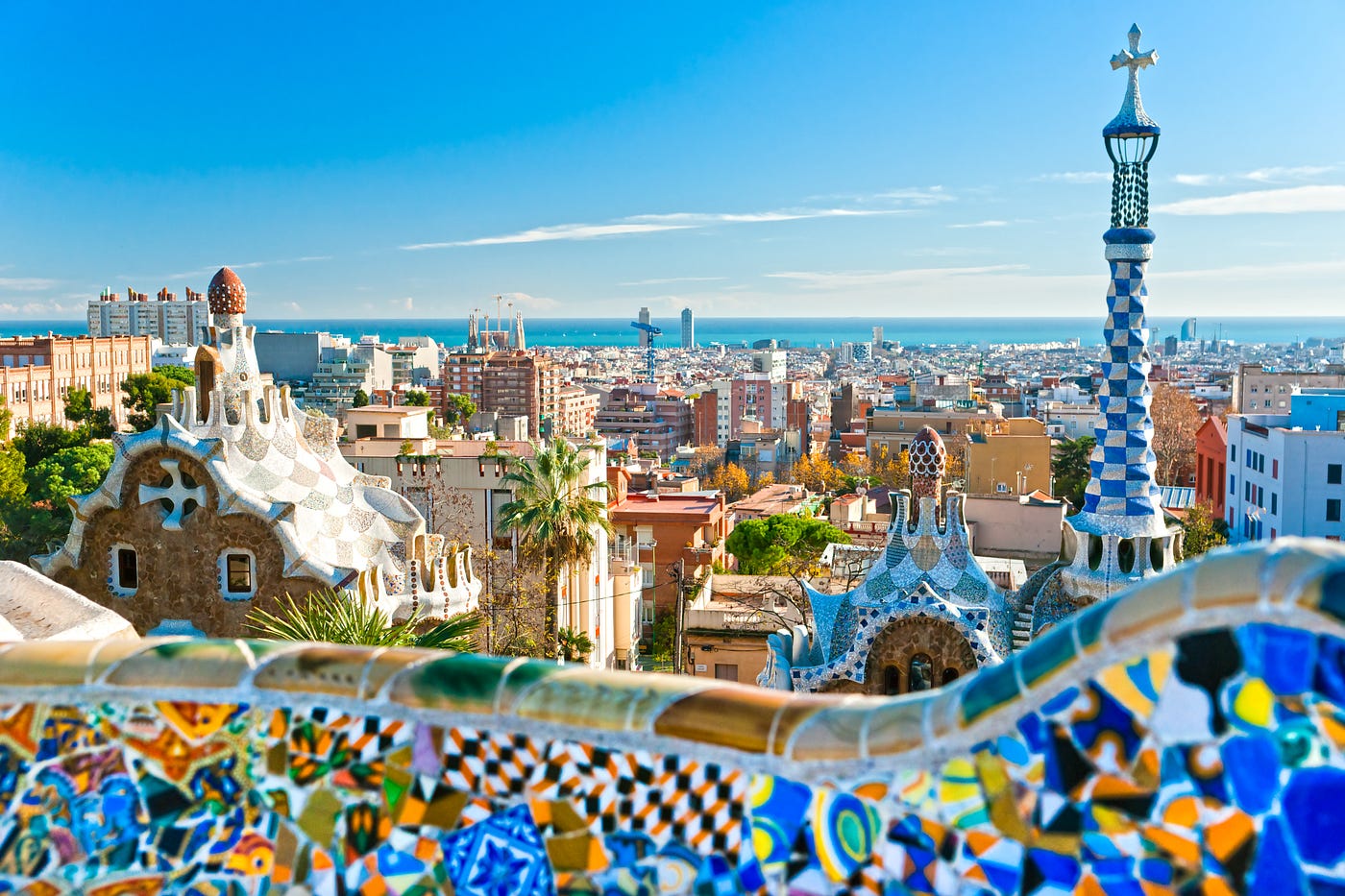Tourism has evolved from being a simple service sector into an experience-driven industry. In a world where travelers seek deep connections and lasting memories, digital marketing for tourism emerges as an indispensable tool to transform these experiences into effective sales. Digital marketing strategies not only enable destinations to reach global audiences but also boost tourism promotion by capturing the attention of potential travelers and turning them into actual visitors.
In this article, we will explore how digital marketing can convert tourism experiences into a sales engine, covering everything from tourism communication to the use of visual content and personalized campaigns.

The Importance of Effective Tourism Communication
For digital marketing to be truly effective in tourism, tourism communication must be clear, attractive, and focused on highlighting what makes each destination unique. Communication is not just about describing a place, but about conveying an image that evokes the emotions and desires of travelers. A strong tourism communication strategy is the key to capturing the audience’s attention and persuading them that the destination offers unique experiences worth living.
For example, destinations that incorporate themes of sustainability and environmental respect in their communication can attract a segment of tourists who value sustainable tourism. This approach not only helps build a positive brand image but also establishes a trust relationship with potential visitors.
Digital Tourism Communication Strategies: Creating Connections with Travelers
Digital tourism communication strategies must go beyond simple advertising. The goal is to create an authentic connection with potential visitors and highlight the experiences that make each destination unique. Here are some of the most effective strategies to transform tourism experiences into sales through digital marketing:
Visual Content and Video Marketing
Visual content is fundamental for tourism promotion in the digital era. High-quality photos, videos, and virtual tours allow tourists to imagine themselves at the destination before arriving. Video marketing campaigns on platforms like YouTube, Instagram, and TikTok can showcase activities and landscapes visitors will enjoy, generating interest and excitement. This content not only highlights the beauty of the place but also communicates the promise of a unique experience.
Message Personalization for the Traveler
Travelers seek experiences tailored to their preferences and lifestyle. Digital marketing for tourism allows audience segmentation based on interests, behaviors, and demographics, facilitating personalized campaigns that better connect with each type of tourist. Whether a destination wants to attract families, adventurers, luxury travelers, or culture enthusiasts, a personalized strategy makes the message more relevant and persuasive.
Retargeting Strategies to Attract Visitors
Retargeting is one of digital marketing’s most effective tools because it allows destinations to recapture the attention of users who have shown interest. Retargeting ads on social media and websites keep the destination top of mind, reminding travelers of the tourism experiences they can enjoy. This strategy is very useful for tourists who are still undecided and need a little extra push to make a final decision.
Digital Storytelling for Authentic Tourism Branding
Effective tourism branding involves telling an authentic story about the destination, and digital marketing facilitates this narrative across multiple channels. Destinations can leverage social media, blogs, and websites to tell stories that highlight the culture, history, and people of the place. Authentically and emotionally told experiences connect personally with visitors, increasing the likelihood they will choose that destination over others.
Tourism Advertising through Influencers
Travel influencers have become powerful allies for tourism promotion. Through their unique style and close relationships with followers, they can showcase tourism experiences in a genuine and credible way. Collaborating with influencers whose audiences align with the destination profile helps reach a wide audience and increases the likelihood of attracting visitors interested in those experiences.
Turning Experiences into Sales with Digital Marketing Campaigns
Digital marketing offers various strategic communication solutions to convert tourism experiences into sales. One of the most effective is using social media campaigns where destinations can share tourist testimonials, images of unique experiences, and news about special events. Digital campaigns allow measuring the impact of each action and adjusting strategies to maximize results.
Tourism destination management greatly benefits from data analysis generated through digital campaigns. By understanding tourists’ interests and behaviors, destinations can tailor their offers and improve future visitors’ experiences.
The Relationship Between Unique Experiences and Sustainable Tourism
Sustainable tourism is gaining popularity and is increasingly demanded by conscious travelers. By integrating sustainable practices into their experience offerings, destinations can attract a segment of tourists who value environmental preservation and local culture. This strategy not only generates short-term sales but also helps build a positive and lasting reputation for the destination.

Conclusion: Boosting Sales with Digital Marketing in Tourism
Digital marketing for tourism is a powerful tool to transform tourism experiences into sales. From visual content and storytelling to personalized campaigns and retargeting strategies, destinations can attract potential visitors effectively and persuasively. By implementing well-designed digital tourism communication strategies, destinations position themselves as attractive and memorable options, thus increasing their success in the market.
In a world where tourists seek more than just places to visit, digital marketing allows destinations to offer not only a stay but a comprehensive experience that visitors will remember and share. In this way, digital marketing not only drives sales but also strengthens the relationship between the tourist and the destination, turning a visit into a lasting connection.

